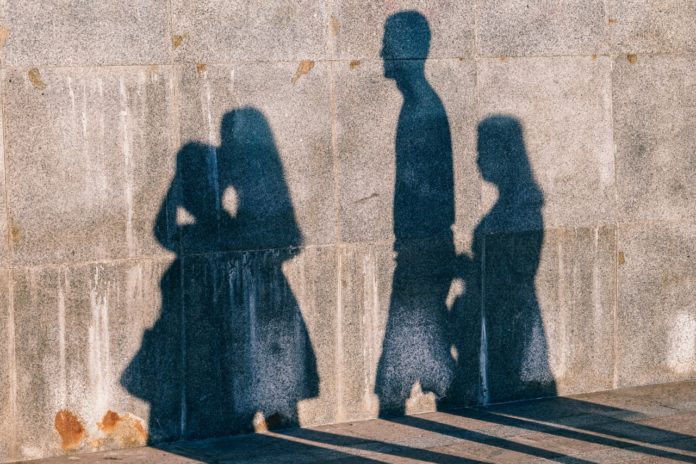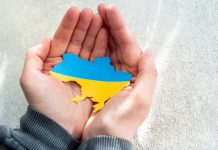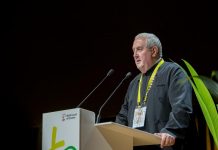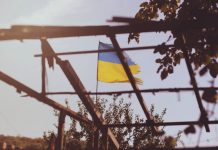Europe is again faced with a rise in migrants and refugees seeking a better life with some similar signs to the crisis that peaked five years ago during a mass movement triggered by the Syrian War and extreme hardships in other countries.
Migrants and refugees drew on all the resources of societies and their churches then and seem set to do so again as the war continues and the COVID-19 crisis and economic hardship forces people from many nations away from their homes.
Organizations representing a wide gamut of European churches are deeply concerned with the plight of migrants, refugees and asylum seekers.
Many on the move come from war-torn countries like Syria and Libya or fled places such as Eritrea and Ethiopia.
A fire recently destroyed the Moira camp on Greece’s Lesbos island, leaving 13,000 migrants with no home.
Dr Torsten Moritz, Churches’ Commission for Migrants in Europe general secretary, on 10 September said Europe must end—once and for all—the “hotspot” approach to sheltering migrants.
“Thirteen-thousand people who were already living in very unacceptable conditions are now completely without any home,” said Moritz.
Massive underfunding
The UN Refugee Agency, UNHCR, warned on 19 September that millions of displaced needing protection and their host communities are feeling the pinch of massive underfunding, as the COVID-19 pandemic increases humanitarian needs. Europe may have the headlines, but the crisis around migrants and refugees is global with African, American, and Asian countries facing the problems, highlighted the UNHCR.
A surge in arrivals mid-year stretched asylum processing facilities on Italy’s Lampedusa island – closer to North Africa than the mainland– beyond capacity, The New Humanitarian reported on 31 August.
Marta Bernardini, with the Federation of Protestant Churches in Italy on Lampedusa, said the newspaper search and rescue vessels at sea have diminished, and other parts of Italy are resisting taking in asylum seekers and migrants. Hence “all the pressure stands on Lampedusa’s shoulders at the moment.”
Humanitarian Corridors
In Italy and France, the Community of Sant’Egidio and other organizations formed the Humanitarian Corridors project. The first Humanitarian Corridors agreement from Lebanon to Italy was signed on 15 December 2015, supported by Italy’s foreign ministry and other agencies.
The Community of Sant’Egidio, the Federation of Evangelical Churches in Italy and the Tavola Valdese (Waldensians Church) use a “widespread reception” model to help many hundreds on the move.
Church of Scotland’s David Bradwell is the coordinator of Scottish Faiths Action for Refugees
and has spoken of the work in Scotland’s biggest city.
“Glasgow has the largest population of people seeking asylum in the United Kingdom, and in the past five years has also received several hundred refugees through the UK’s resettlement programmes,” says Bradwell.
Churches in Glasgow have led asylum support and welcome for nearly 20 years, with St Rollox being one of the main Church of Scotland parishes involved.
The Church of Sweden’s “World of Neighbours” initiative strengthens faith-based actors working with migrants and refugees in Europe. World of Neighbours has one example, Basira, a young woman living with her family in Denmark.
“I came to Denmark from Afghanistan as an unaccompanied minor together with my older brother and sister in 2015. After eleven months we got asylum, and my remaining family joined us in 2017,” she said.
Joint initiative aims to increase awareness of plight of migrants
A joint ecumenical initiative from the World Council of Churches, and its sister organizations is being planned to increase awareness of the urgent situation of migrants and refugees, and galvanize action to provide housing, food and safe passages for people to live with dignity.
The EU Commission will present the new Migration Pact on 23 September, and an ecumenical statement will be presented at the same time in response to the urgent situation.
WCC, oikoumene.org















